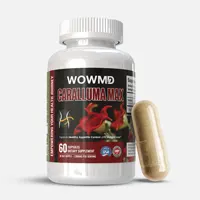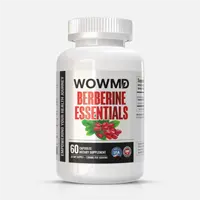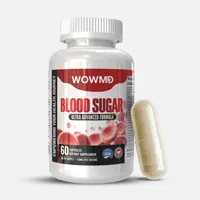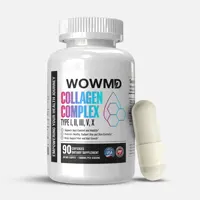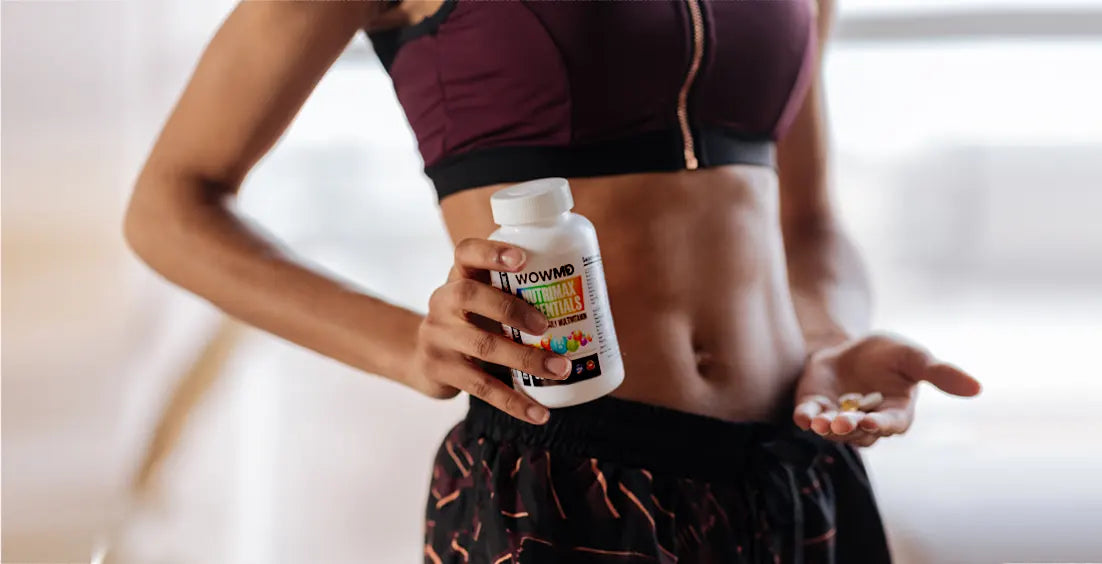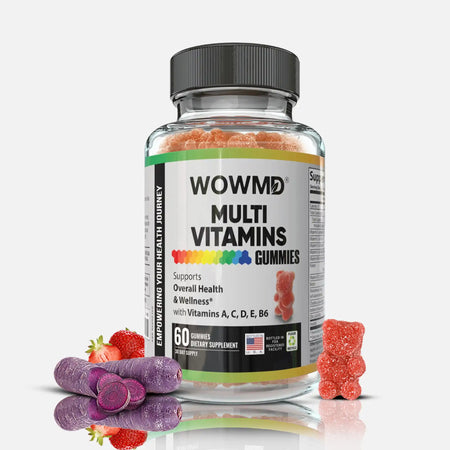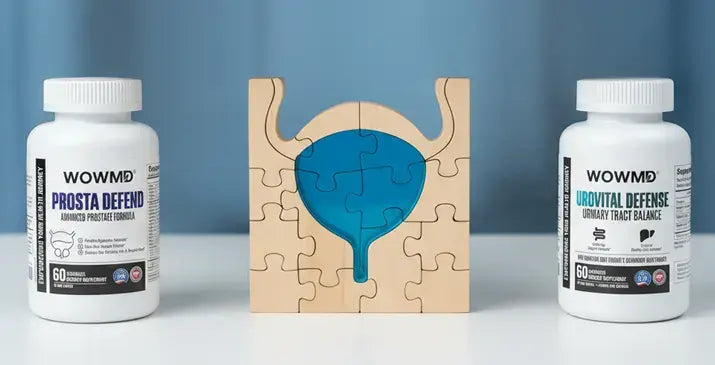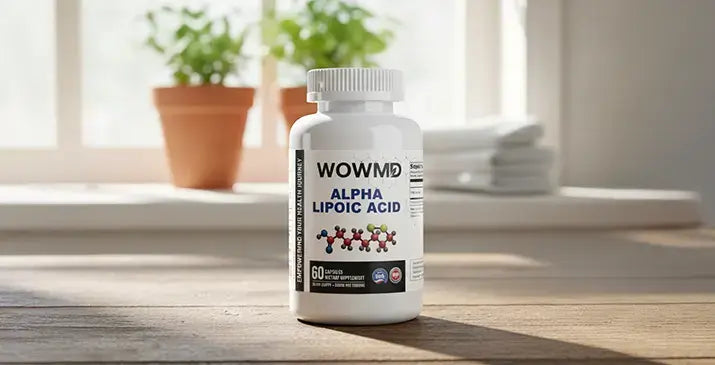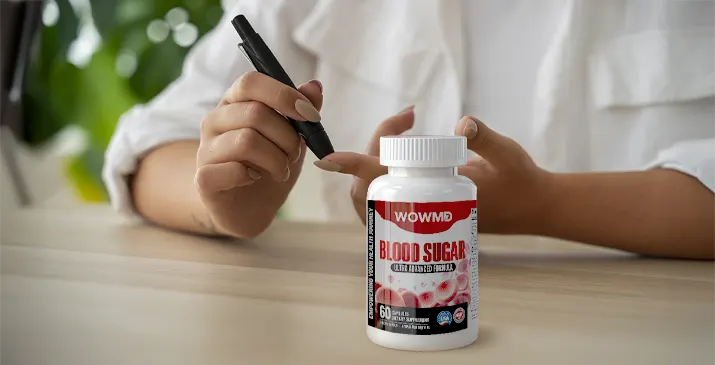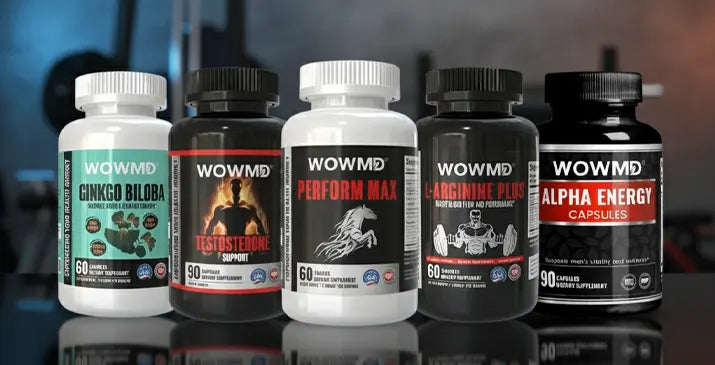How Long Do Vitamins Stay in Your System? Facts by Type & Duration
Curious about vitamin retention? Dive into our guide to learn how long vitamins stay in your system and what affects their duration and absorption.
Advertiser Disclosure: WOWMD independently vets all recommended products. If you purchase a featured product, we may be compensated. Learn why you can trust us.
You May Also Like
Popular Stories
- The Best Beef Tallow Products for Radiant Skin: A 2026 Guide
- Holy Basil : Ayurveda’s Herb for Balance, Immunity & Everyday Calm
- Best Gel Moisturizers for Hydration & Skin Care in 2026
- 7 Best Effective Supplements for Improving Bladder and Prostate Health in 2026
- 4 Best Cooling Gels for Skin and Body: Instant Refreshment and Relief
- 4 Best Hyaluronic Acid Serums for Skin Hydration - Tested & Reviewed
References
WOWMD follows strict sourcing guidelines to ensure the accuracy of its content, outlined in our editorial policy. We use only trustworthy sources, including peer-reviewed studies, qualified experts, and information from top institutions.
- Vitamins and minerals - https://www.betterhealth.vic.gov.au/health/healthyliving/Vitamins-and-minerals
- Fat-Soluble Vitamins - https://www.ncbi.nlm.nih.gov/books/NBK218749/
- Biochemistry, Water Soluble Vitamins - https://www.ncbi.nlm.nih.gov/books/NBK538510/
- Vitamins - https://medlineplus.gov/ency/article/002399.htm
- Interactions between Vitamins & Minerals - https://www.healthaid.co.uk/blogs/news/interactions-between-vitamins-minerals
- Vitamin D - https://ods.od.nih.gov/factsheets/VitaminD-HealthProfessional/#:~:text=Vitamin%20D%20promotes%20calcium%20absorption,leading%20to%20cramps%20and%20spasms)
- Vitamin A and Carotenoids- https://ods.od.nih.gov/factsheets/VitaminA-HealthProfessional
- Vitamin K - https://ods.od.nih.gov/factsheets/VitaminK-HealthProfessional/
 Alpha Man Power Pack
Alpha Man Power Pack All-Day Fat Burn Trio
All-Day Fat Burn Trio Better Immunity Bundle
Better Immunity Bundle  Calm & Sleep Duo
Calm & Sleep Duo Cognitive Health & Vision Combo
Cognitive Health & Vision Combo Complete Weight Loss Bundle
Complete Weight Loss Bundle Core Vitality Trio
Core Vitality Trio Energy Booster Combo
Energy Booster Combo Focus Fuel Trio
Focus Fuel Trio Glow & Balance Duo
Glow & Balance Duo Health Balance Trio
Health Balance Trio Heart Care Bundle
Heart Care Bundle Joint Health Support Combo
Joint Health Support Combo Men's Immunity & Prostate Health Bundle
Men's Immunity & Prostate Health Bundle Metabolism Boost Duo
Metabolism Boost Duo Natural Skin Care Bundle
Natural Skin Care Bundle Peak Performance Duo
Peak Performance Duo Relax & Recharge Duo
Relax & Recharge Duo Skin Detoxification Bundle
Skin Detoxification Bundle Smart Energy Trio
Smart Energy Trio Stress + Energy + Wellness Combo
Stress + Energy + Wellness Combo  Total Burn Ignite Trio
Total Burn Ignite Trio Total Harmony Pack
Total Harmony Pack Workout Supplements Combo
Workout Supplements Combo

